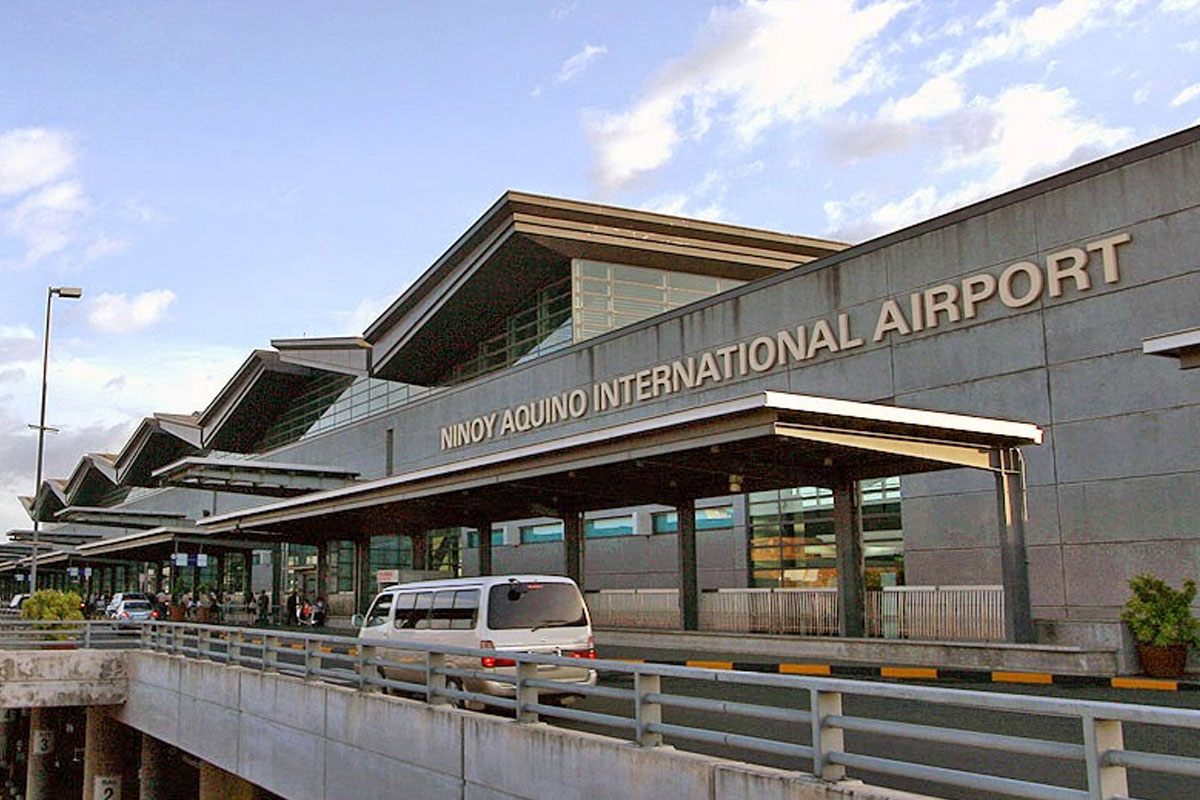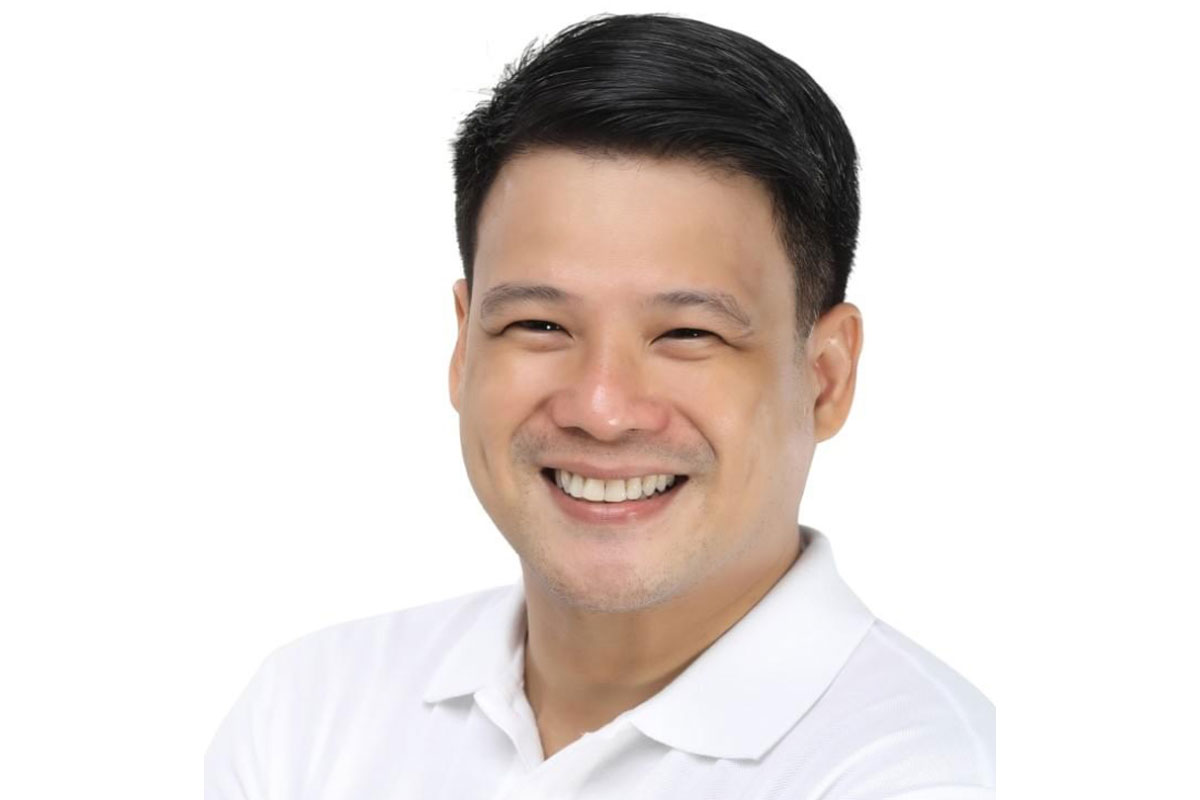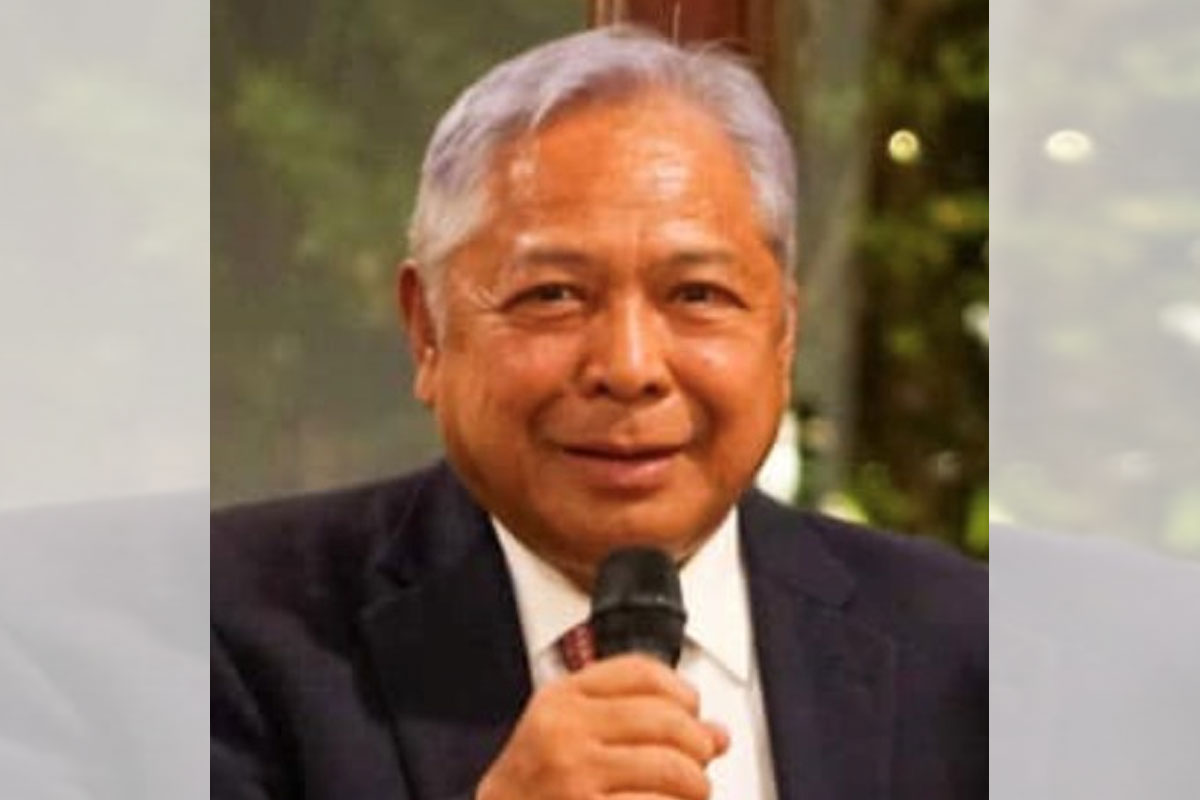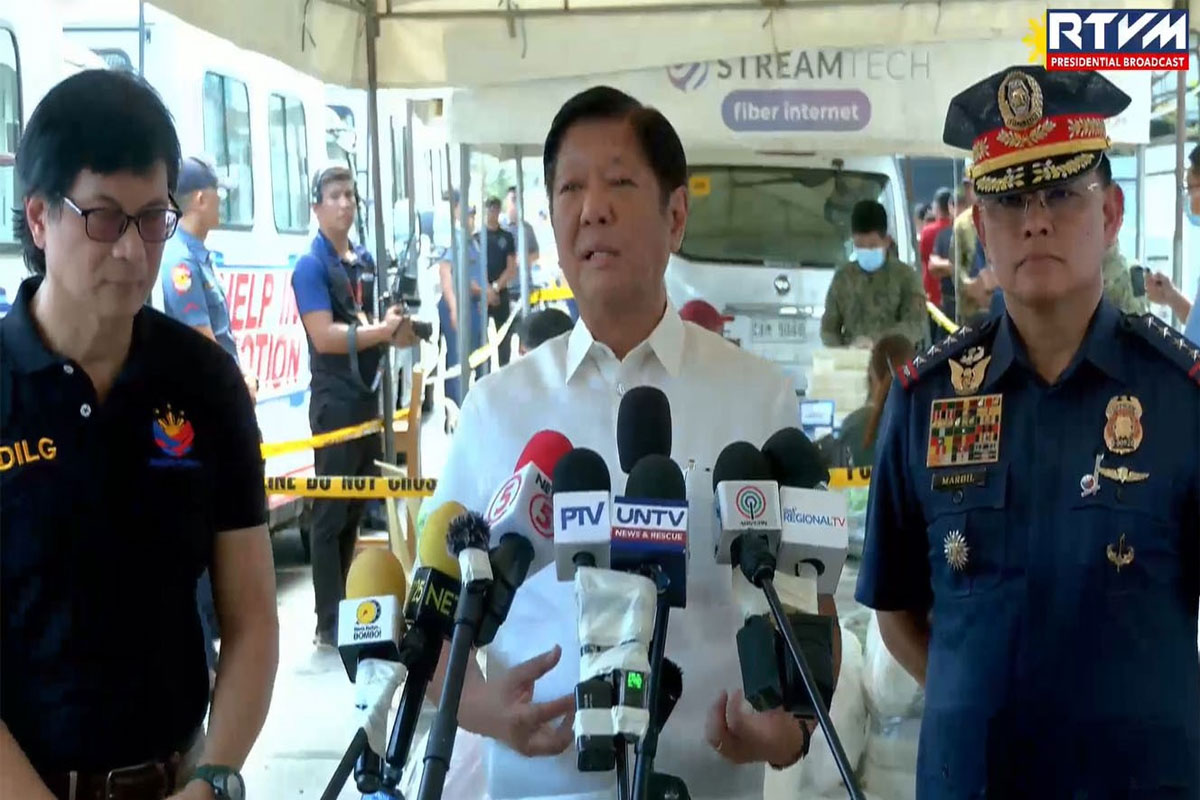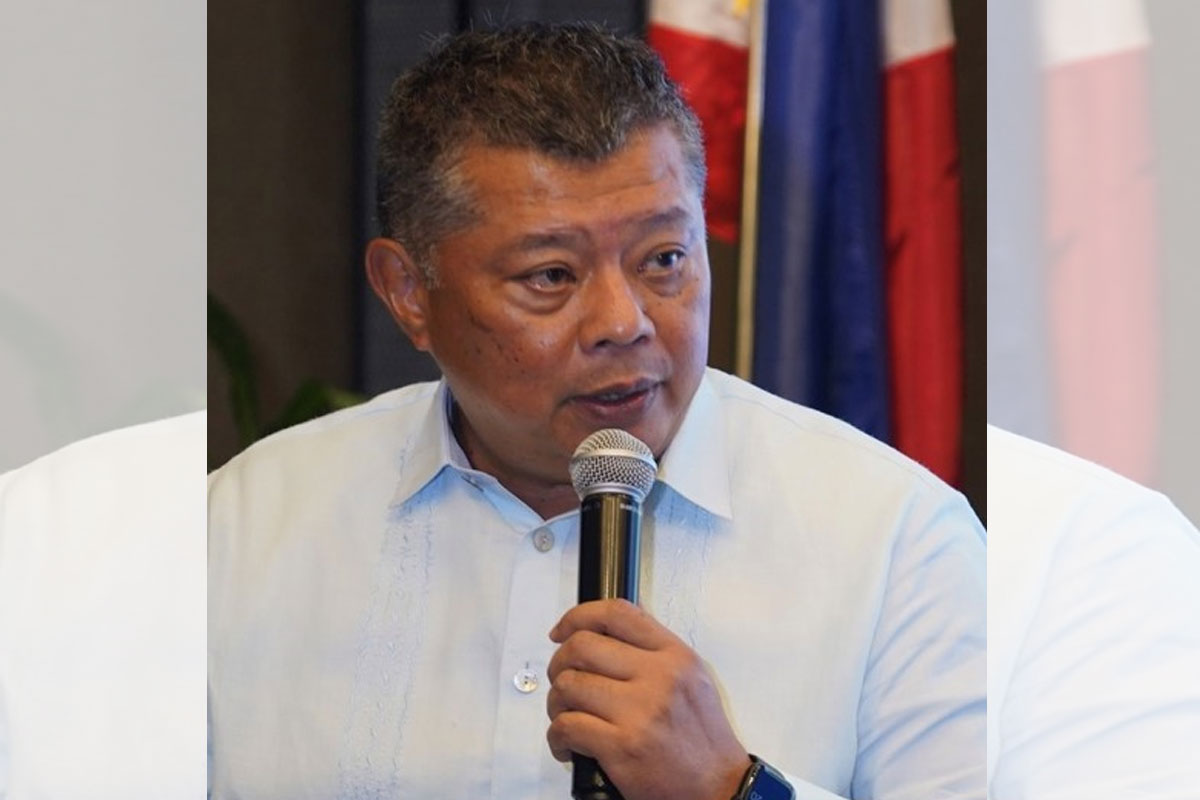
Azurin launches ‘Police Open University’
PHILIPPINE National Police (PNP) Chief General Rodolfo S. Azurin Jr. on Monday officially launched the “Police Open University”, which he said will “level the playing field” among members of the force when it comes to applying for and finishing competency courses they need for placement and promotion.
“This will give every police personnel in the country the opportunity to get the particular training required for promotion at their most convenient time. Under this program, our policemen will be allowed to undergo schooling while off-duty or during their free time,” the top cop said.
Azurin said that under the program, they are also getting professors from the University of the Philippines (UP), which will help raise the “level of competency” of the police force.
The PNP chief said the Police Open University was a “brainchild” of former PNP Director for Human Resource and Doctrine Development (DHRDD) now, PNP The Chief Directorial Staff, Major Gen. Arthur V. Bisnar – which new PNP-DHRDD director, Brig. Gen. Jon A. Arnaldo is continuing.
Bisnar said that under the program, even members of the elite PNP Special Action Force (SAF) or Regional or Provincial Mobile Force Battalions (R/PMFCB) deployed in far-away police detachments as well as Municipal Police Station personnel would be able to study and become competent officers during their off-duty hours.
“This will level the playing field pero lamang dito ang masipag,” the official said.
The PNP’s 4th highest official said that before the May 9 national and local elections, around 25,000 police officers and men who comprise 11% of the total PNP strength were “recalled” from their schooling or Field Training Programs and Field Training Exercises to render poll duties.
He said that 17,000 of those recalled before the May 9 polls were getting mandatory courses for promotion while 8,000 are undergoing specialized courses. Those policemen were deemed as “ineffective” before since the majority of them were only staying in their homes and taking their online courses.
“Under the Police Open University, enrollees from different PNP offices and stations will be allowed to undergo online/blended learning,” Bisnar said.
The idea to come up with a Police Open University was patterned after and developed with the UP Open University and in line with Republic Act 10650 or the Open Distance Learning Act of 2014, which defined the role of the UPOU in the development process of the police force.
With its POA, the PNP became the 9th government agency/institution to benefit from the passage of the 2014 law.
The program’s other benefits include an “across-the-board standardization of learning and competency-building by utilizing uploaded instructional audio-video materials” and an “unlimited, borderless but secured access for all 225,000 police personnel.”
It will also maximize personnel deployment and maintain the police-to-population ratio on the ground as the blended, hybrid POA system will drastically reduce the physical presence of personnel in training institutions.
It will be limited to the practicums or applications of the theoretical principles delivered virtually through the POA platform. In particular, Bisnar said that relief and reassignments to the National Police Training Institute and the National Police College-Philippine Public Safety College for several months would be a “thing of the past” under the POA.
It will also be really cost-effective as expenditures for the honoraria of Subject Matter Experts; Instructors’ Duty Pay; and man-hours will significantly decrease.
Most importantly, out-of-pocket expenses of individual personnel will also be minimized, with the PNP leadership saying the latter’s effect has indeterminate positive consequences.



